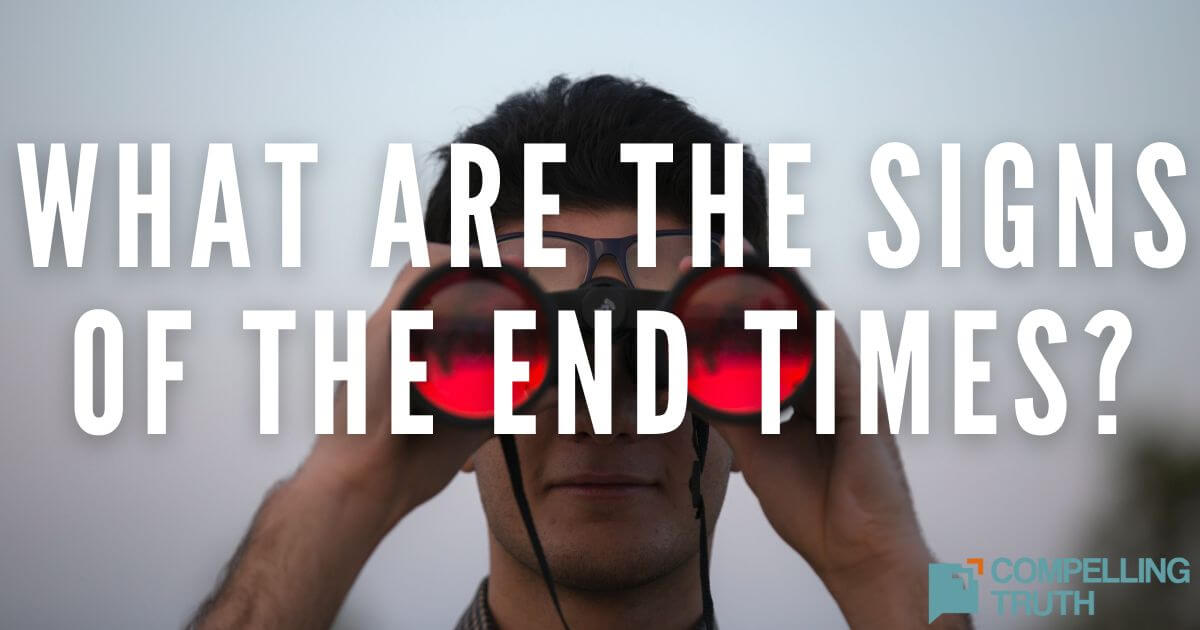what does the bible say?
Blood moons, Mayan calendars, the doomsday clock, nuclear war, polar ice caps melting, and a myriad of other scenarios put some Christians on alert. Christians should not be consumed by fear or speculation about doomsday predictions, but we should focus on living with purpose and faith. While the Bible affirms the world will end, and Jesus will return, no one knows when that will happen. Instead of worrying about predictions, believers should share the gospel, care for others, and trust in God's control over the future (Matthew 28:18–20; James 1:27). We are called to live wisely, making the best use of our time, living for the Lord, and sharing His salvation with others (Ephesians 5:15–17). Regardless of when the end comes, our eternity is secure in Christ, and we should live intentionally, focused on reflecting God to a world that needs to know Him and be saved by Him.




